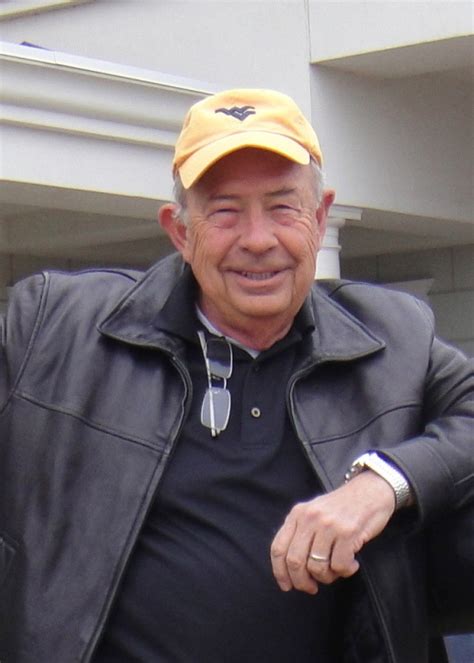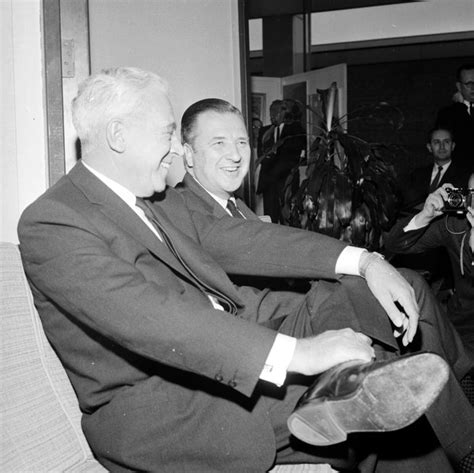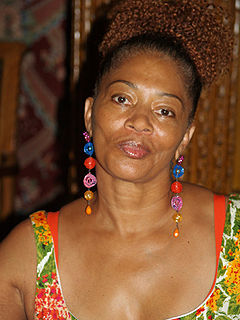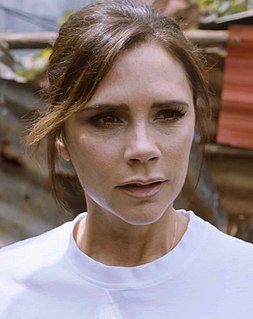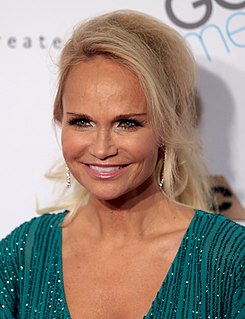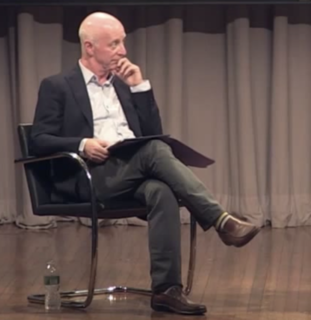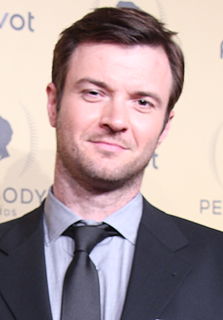A Quote by Adriana Trigiani
I began as a dramatist in the theater, so I'm always thinking about how a story moves, what it looks like, how to engage the senses, how dialogue sounds, what feels authentic and sounds real, what's funny, how to build distinctive and original characters - all the aspects of playwriting, scene-building, the architecture of dramatizing.
Related Quotes
To spend any time with someone who is among the top five film composers of the last 50 years is pure gold dust. I mean, not necessarily stylistically, because everyone is different in what their music sounds like, but the approach and how to look at a film, how to think about a film, how to decide what you want to do, how to think about characters, how to think about art, how to think about narrative, how to liaise with producers, how to liaise with directors.
What keeps me up at night? Probably most, thinking about the future for my kids. It sounds kind of funny, but not so much what they're going to do, but how as a parent, how my wife and I as parents, how best we should prepare them for the world. And I know everybody does this, I think everybody stays up at night thinking about the best thing for their kids, and astronauts are no different.
I've been a huge fan of Hal Ashby forever. And I think that the distinctive thing about 'Coming Home' is the love story, and how - kind of emotionally real it is, and how these two characters allow each other to see their - kind of vulnerabilities. And it's great because it's a love story that's not really that cheesy, either.
A lot of people are really quick to say, "That song sounds like this." Or you - "He's tryin' to sound like this." And I'm always like, "You're damn right I am. That's how - that's why we're all here." You know, we all grew up idolizing another musician. That's how this works. That's how music is created.
I auditioned for a solo in church and got it. I was about seven and I sang a song called, 'Jesus, I Heard You Had a Big House' and I remember people standing up at the end and me thinking, 'Oh, I think I'm going to like this.' That's how it all began. Sounds funny to say you got your start in church, but I did.
Very, that show is crazy. It was like doing finals every week. It was interesting. I really learned a lot. The dialogue is so technical. I was so impressed watching the other actors and how they managed, so I studied them. And I was blown away thinking: "How do they do that? How do they put that extra spin on the complicated dialogue to make it interesting?

